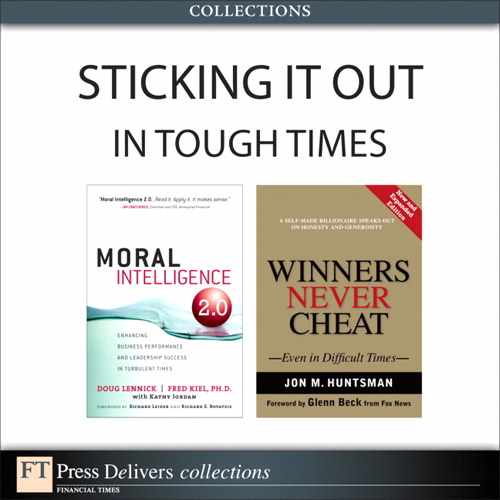Foreword
I find the wisdom of poets useful in my life and work. With a few words, the right poem at the right time can speak with a clear voice and help us see things new in the world.
This poem by William Stafford provides us with a helpful place to return if we feel confused about a moral choice or challenge in the world.
“The Way It Is”
There’s a thread you follow. It goes among
things that change. But it doesn’t change.
People wonder about what you are pursuing.
You have to explain about the thread.
But it is hard for others to see.
While you hold it you can’t get lost.
Tragedies happen; people get hurt
or die; and you suffer and get old.
Nothing you do can stop time’s unfolding.
You don’t ever let go of the thread.
—William Stafford
Credit: William Stafford, “The Way It Is,” from The Way It Is: New and Selected Poems. Copyright (cr) 1998 by the Estate of William Stafford. Reprinted with the permission of Graywolf Press, Minneapolis, Minnesota, www.graywolfpress.org.
Moral Intelligence 2.0 provides us with the helpful guidance to choose and to follow the “thread” of our own moral compass.
Each day we face a series of “moral moments”—personal choice points. These are moments that require some decisions to serve others or to be self-absorbed. We are likely, at times, to find ourselves in moral dilemmas. Each choice we make can feel as if we are either holding on to or letting go of our thread.
We find the purpose path through our own life by following our own moral compass, holding on to our thread. How do we do such a thing? How do we follow some invisible thread that runs through our life? How can we even know it exists?
One of the most helpful answers I can give is to simply read this book. It will help you look at the story of how your own life of moral intelligence has unfolded. It will help you see the thread that, perhaps invisible at the time, helped you choose whether to say yes or no, right or left.
The authors have set out to illuminate a very complex subject—that of the moral compass in us all. And I found their insights revealing. Chapter 2 “Born to Be Moral” is worth the price of the book. I found myself again and again reflecting on the story, “A visit to the nursery.” The notion of our inborn capacity of empathy struck a deep chord within me.
If we can trust that we are born “hardwired” to be moral, if we can trust that our hearts know how to recognize our thread, then this book will provide a blueprint, a manual of specifics to follow it.
What practices, what knowledge or resource do we turn to in order to find our way? First, as the authors show us, we begin by choosing to uncover and express our purpose. Next, we clearly define the distinction between “how” we make choices, and “why” we make them. How often have we allowed the how of our choices to overshadow why we made them?
Holding on to the thread, listening to your moral compass, may seem insignificant, but it is no small thing. It dramatically shifts the way we see, the way we choose, and the way we lead and live. It determines whether we lead a life of anxiety and stress or a spacious life of purpose and meaning. You don’t ever let go of the thread.
Bottom-line thinking might now prevail, but the moral compass journey has deep roots. It also has deep resonance. One might say, in fact, that it’s not so much an idea whose time has come, as an idea that has always been with us—it’s just that we need to be reminded. I’m pleased that so many people’s lives have already been changed for the better through this reminder and I hope that the 2.0 edition will add to the number of those who are on the purpose path.
—Richard Leider
Bestselling author of The Power of Purpose and Repacking Your Bags
